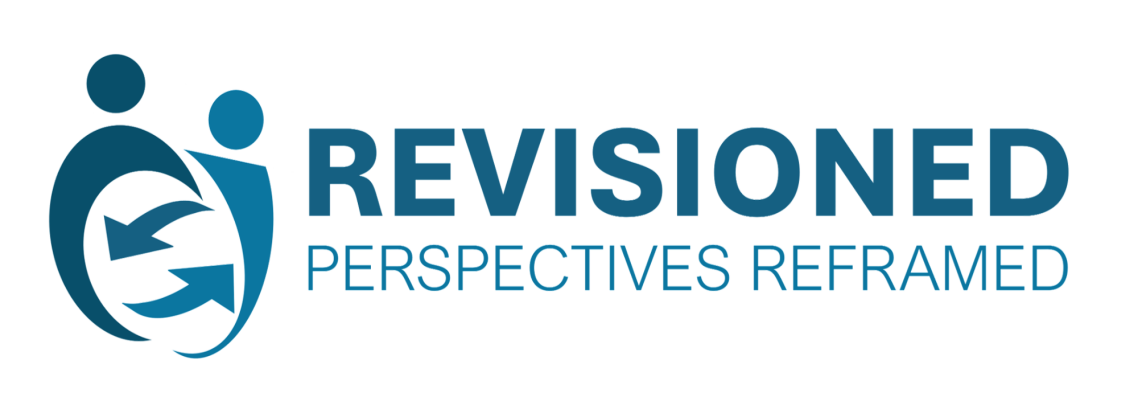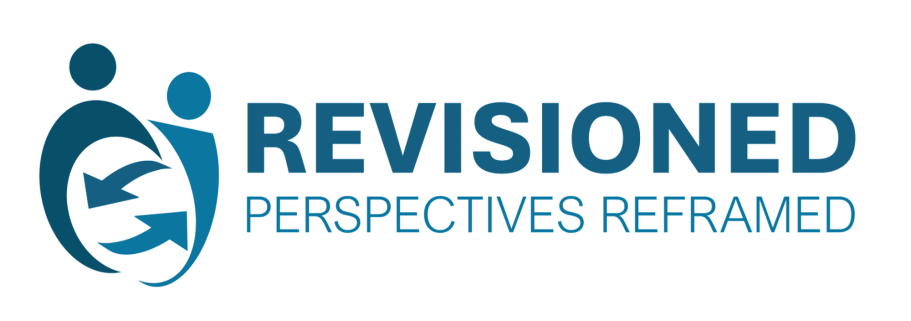About Our Mediation Service

The cost of workplace conflict to UK business is £28.5 Billion per year, according to ACAS. Through our mediation service, we offer the opportunity for informal resolution, before the emotional and financial costs escalate through formal grievance processes.
Mediation is way for colleagues, who find themselves in a dispute or conflict situation, to work through their differences, in the hope that they can recover a working relationship. It is much more likely that they will reach an agreed resolution through mediation than through formal processes.
The role of the mediator is purely neutral, they have no investment in the conflict or even the terms of its resolution. The mediator will not advocate for one party over another, nor will they decide who is right or wrong. Instead, the mediator will support all participants in a way that empowers them to find their own way to an outcome that best meets the needs of everyone involved.
Revisioned mediation service is offered remotely, via web conference, or in person, at a location determined by our client. Contact us now if you have colleagues in need of our service.

Mediation Process
The first step in the mediation process is when the mediator meets with each party separately. This is an opportunity for the individual to tell their version of the situation, and for the mediator to address any concerns about mediation. Ultimately, the mediator and each of the parties will determine if they want to continue to the next stage.
The second stage is the joint meeting, where all parties and the mediator come together in one space (virtually, or in-person) to discuss the issue with a view to reaching an agreement on how best to move forward. This joint meeting will also follow defined process, that has distinctive phases, but the structure will unfold differently for each mediation.
When Mediation Works
A breakdown in communication
Two colleagues from different departments who regularly work together on projects, find themselves in conflict. Colleague (1) is more senior but has no line manager responsibilities with colleague (2). Instead of giving constructive feedback directly to her colleague, she chooses instead to speak to the colleague (2)'s manager about certain unhelpful behaviours.
When the behaviours did not improve, colleague (1) showed her frustration through her own set of negative behaviours. These behaviours escalated to the point, where colleague (2) raised a complaint of bullying and harassment against colleague (1).
Through mediation the colleagues find it easy to speak to each other about how certain behaviours were impacting. Colleague 2 discovers that her manager had not relayed the initial feedback from colleague (1), and the resulting escalation of behaviours were born out a lack of awareness. They reach an agreement to give direct feedback going forward, and for colleague (2) to feedback to her manager about the need to relay feedback, and the impact of not doing so.
The formal complaint was dropped and colleague (1) invited colleague (2) to come on secondment to her team, so that she could learn about what her team did, and both colleagues had the opportunity to work in the same physical space for a time.

A clash of working styles
Two colleagues from the same team find themselves in dispute. Colleague (1) is new to the organisation and has come in as line manager to colleague (2). Initially, they get on very well, and colleague (2) is very supportive of his new manager.
After 6 months their relationship began to deteriorate. Colleague (1) had found his feet in his new role and was starting to put his own stamp on things. SMART objectives were introduced to the team for the first time, upon which regular feedback was delivered. Colleague (2) struggled with this new style, feeling that the initial warm relationship that they formed had soured for some reason.
Colleague (2) became defensive when certain feedback was delivered from his manager. On the other hand, colleague (1) felt that colleague (2) was being deliberately difficult and selective on the tasks he chose to undertake. The situation escalated to the point where colleague (2) was subject to a Performance Improvement Plan (PIP). In return, he submitted a grievance claiming that his manager was bullying him. In addition, colleague (2) went off on sick leave due to stress and anxiety.
The two colleagues entered the process of mediation, where they could raise their concerns in a safe and confidential space. They agreed that their relationship had broken down due their different working styles. They came to an agreement which recognised this and allowed them to find a way forward. The grievance was dropped, colleague (2) returned to work, and the PIP was completed to everyone's satisfaction.
Partnering with You for Success
Empower Your Workforce
Whether you need mediation services, innovative training programs, or a project manager for your next HR initiative, we are here to help you achieve your organizational goals. Every project consultation starts with a blank page, and we will offer our expertise to help you choose the solutions that will deliver your needs.
Contact us today to discuss how we can assist you in leveling up your workplace dynamics and people development.

©Copyright. All rights reserved. Privacy Policy
We need your consent to load the translations
We use a third-party service to translate the website content that may collect data about your activity. Please review the details in the privacy policy and accept the service to view the translations.
